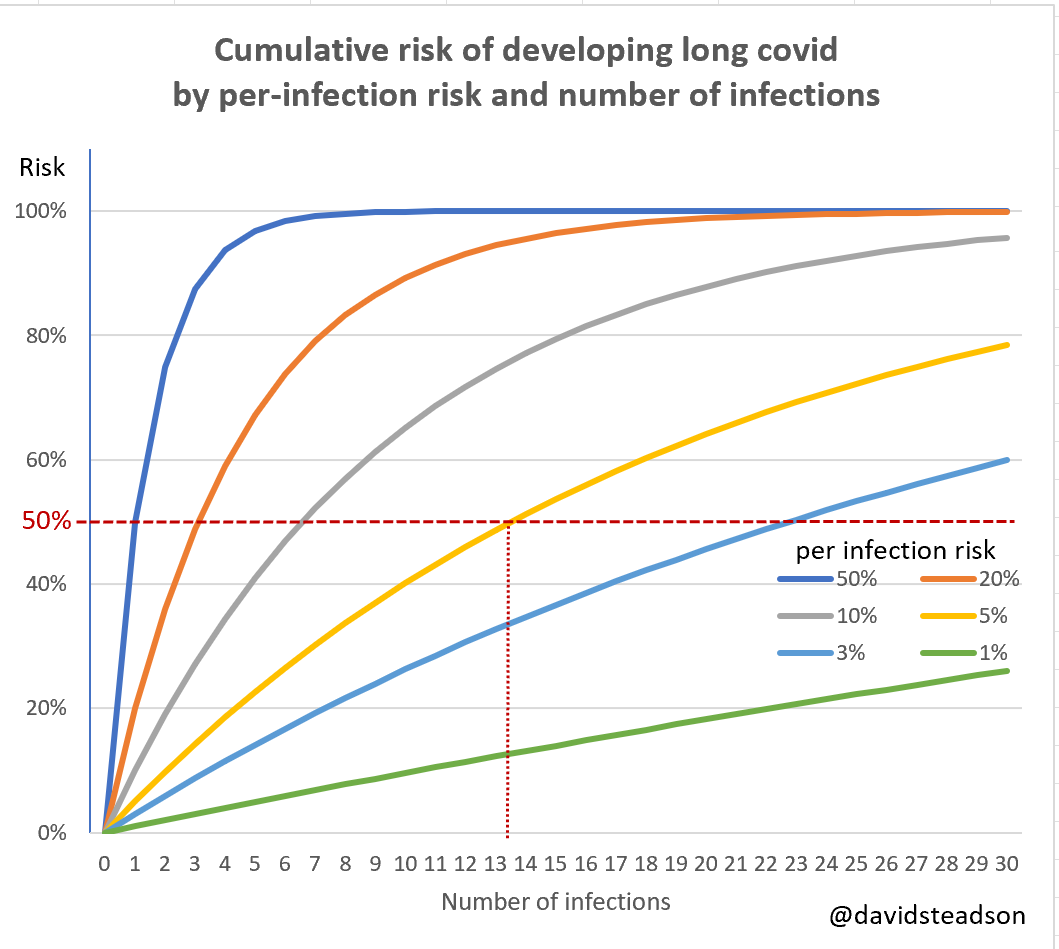Mij
Senior Member (Voting Rights)
The report is out. Confirms that half of the population who report symptoms don't get better even after a year! Data speaks.
https://www150.statcan.gc.ca/n1/pub/75-006-x/2023001/article/00015-eng.pdf
https://www150.statcan.gc.ca/n1/pub/75-006-x/2023001/article/00015-eng.pdf



